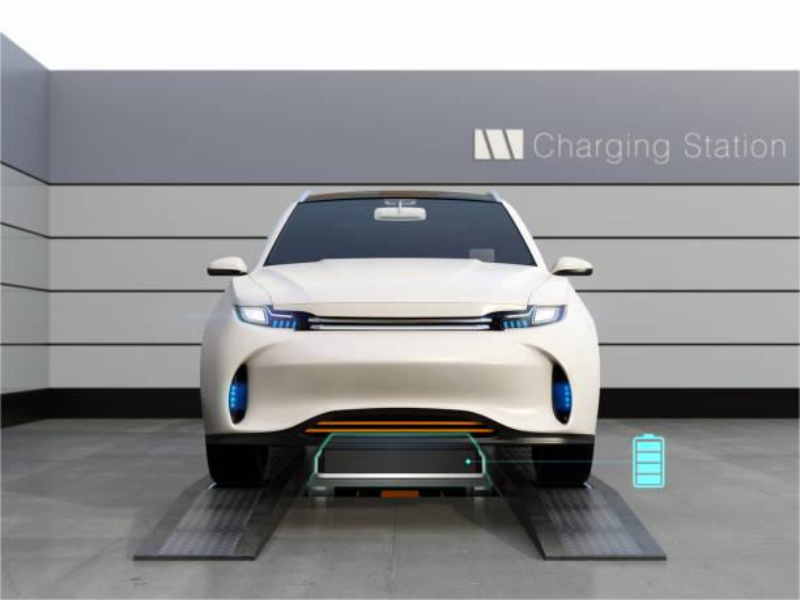- Acciona, Spain, has launched an electric vehicle designed for city driving with the option of a subscription-based battery exchange service.
- The vehicle can carry two passengers and is designed to run on one or two lithium-ion batteries.
OUR TAKE
Replaceable car batteries are relatively uncommon in the electric vehicle market, and most trials to date have been conducted in China. Selling the vehicle without a battery means it will be cheaper than a regular electric car.
-Tuna Tu, BTW reporter
What happened
Drive, replace the battery, repeat. Acciona, a Spanish construction and energy group, is betting on this formula to help remove some of the main barriers to the adoption of electric vehicles in Spain and the rest of Europe: price and range.
The company on Monday introduced the NanoCar Silence S04, an electric vehicle designed for urban driving with the option of a subscription-based battery exchange service, which its developers say will make it one of the most affordable battery exchange services on the market. Drive, replace the battery, repeat. Acciona, a Spanish construction and energy group, is betting on this formula to help remove some of the main barriers to the adoption of electric vehicles in Spain and the rest of Europe: price and range.
The vehicle can carry two passengers and is designed to run on one or two lithium-ion batteries. Under the subscription system, drivers would own the car, but not the battery. For a monthly fee, they will be able to swap out low-mileage batteries for new ones at dedicated gas stations, and the company envisions setting up batteries in other places such as gas stations, malls, flagship stores and parking lots.
Also read: Smartphone maker Xiaomi to deliver first electric vehicle in China this month
Why it’s important
Carlos Sotelo, head of Acciona’s mobile business, said there are currently around 140 battery stations in Spain, adding that the company aims to have more than 200 by the end of the year.
Being able to change the battery in about 30 seconds solves concerns about battery range, he said.
Selling the vehicle without a battery means it will be cheaper than regular electric cars, Acciona chairman Jose Manuel Entrecanales said in a presentation in Madrid.
Including state subsidies and tax breaks, the cheapest model will cost less than 7,000 euros ($7,582), using a subscription model based on monthly fees. Buying the battery instead of opting for a subscription model adds several thousand euros to the price.
“There are already small electric cars, but I believe the NanoCar will be the most affordable on the market because of its removable battery,” Entrecanales said, while acknowledging that the car will have to “sell a lot to be profitable.”

